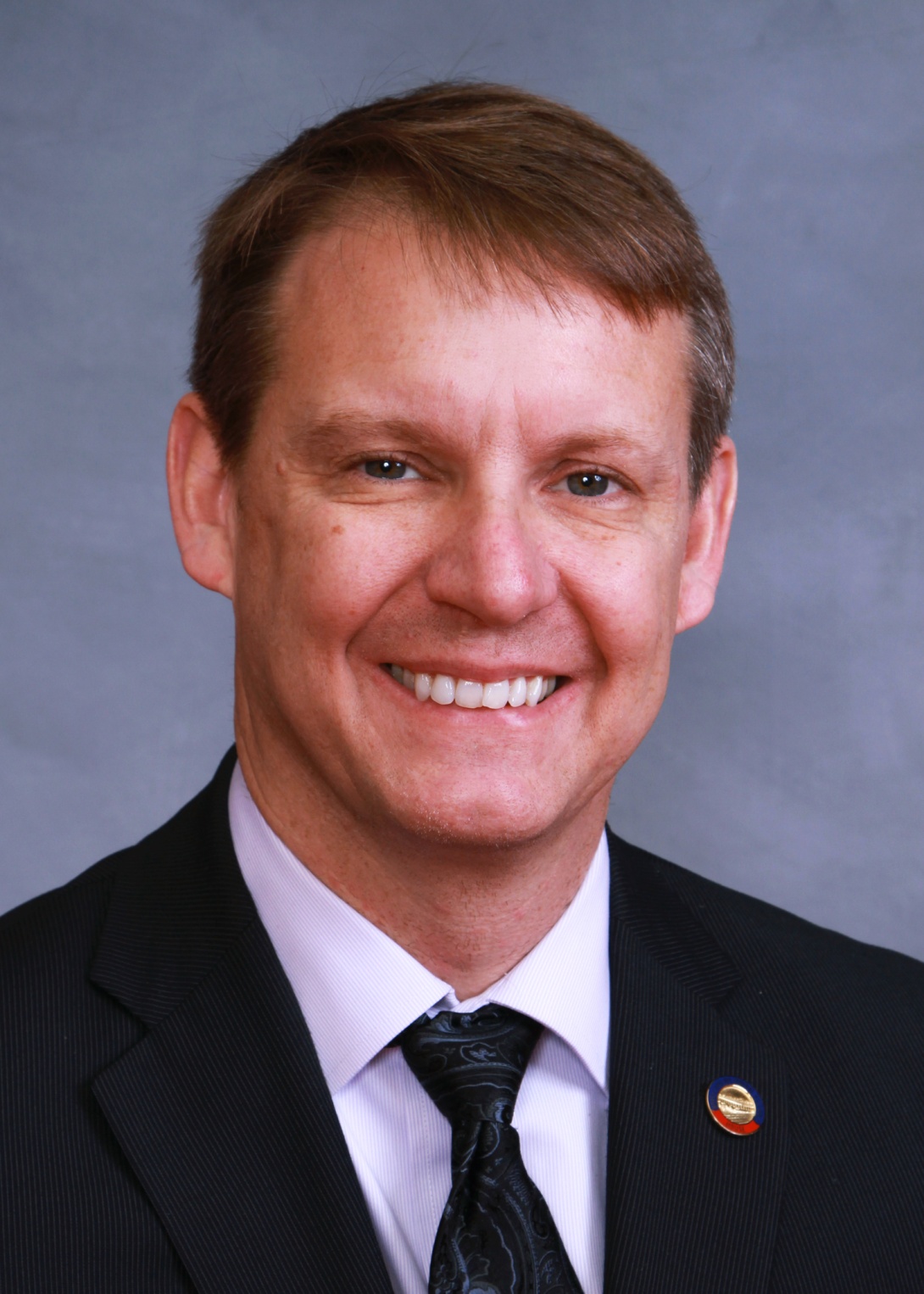VOICES: ALEC leads attack on North Carolina clean energy with Duke Energy funding

By Connor Gibson, Greenpeace
Corporate polluters are taking aim this year at states with renewable energy laws, starting with an attack on North Carolina's clean energy economy by a corporate front group known as ALEC with support from Duke Energy, ExxonMobil, and Koch Industries.
North Carolina state Representative Mike Hager says he is confident that he has the votes needed to weaken or undo his state’s clean energy requirements during his second term. Rep. Hager is a former Duke Energy engineer and a member of the American Legislative Exchange Council, or ALEC. Duke and Progress Energy (now legally merged) have given Rep. Hager $14,500 for his last two election bids, outspent only by the NC Republican Party.
This is where ALEC makes things awkward for Duke Energy: The law that Rep. Mike Hager is targeting (2007 SB3) was created with input from Duke Energy, and Duke explicitly opposes ALEC's "Electricity Freedom Act," the model law to repeal state Renewable Energy Portfolio Standards (REPS). Duke Energy re-asserted its support for North Carolina's REPS law to the Charlotte Business Journal last April and Progress Energy publicly supported the law before merging with Duke.
Apparently, Duke forgot about supporting North Carolina's clean energy incentives somewhere along the way. Duke Energy remains a paying member of the American Legislative Exchange Council.
Duke Energy and outgoing CEO Jim Rogers have dismissed over 150,000 concerned citizens demanding that Duke leave ALEC due to its role in protecting polluters, suppressing voters, increasing gun violence and other serious threats to the public on behalf of ExxonMobil, the National Rifle Association, Reynolds tobacco and other corporate interests with a rich history of negligence and dishonesty.
ALEC: The polluter's voice
The American Legislative Exchange Council (ALEC) creates model state laws rolling back protections on our health, our clean air and water, public safety, public education … public anything, really. State legislators that support a corporate ideology pay a small fee to become ALEC members, working alongside giant companies to create models bills that are then introduced in states across the country.
In contrast to Duke Energy's "Call to Action" supporting climate legislation and clean energy development, it has not abandoned ALEC's long record of denying climate science and blocking solutions to global warming. ALEC focuses this year on undoing state laws that increase production of clean energy like wind and solar power.
ALEC's Electricity Freedom Act model bill was written by the Heartland Institute, a shill group made infamous for comparing those who recognize climate scientists to terrorists like Ted Kaczynski.
This dirty ambition is ALEC's self-stated priority on energy issues this year -- repealing state laws that created Renewable Energy Portfolio Standards (REPS), including North Carolina’s SB3. Todd Wynn, a corporate influence peddler who heads ALEC's Energy, Environment and Agriculture task force, named North Carolina as one of several states ALEC will focus its clean energy attacks, citing a debunked report from the Koch-funded Beacon Hill Institute of Suffolk University's economics department. Like ALEC, Beacon Hill is part of the Koch-funded State Policy Network. See The Morning Sentinel and a scathing Portland Press Herald editorial for important critiques of the Koch-funded Beacon Hill reports cited by Todd Wynn.
Clean energy has treated North Carolina's economy well
We've known for decades that phasing out fossil fuels (coal, oil, gas) and ambitiously implementing clean energy not only slows our sprint toward irreversible, catastrophic climate change, but stimulates the economy and creates jobs that do not poison us. In North Carolina, SB3 has helped create the current 15,200 full-time equivalent clean energy jobs, up 3% from the previous year, and generated $3.7 billion in economic activity in 2012 (North Carolina Sustainable Energy Association 2012 Industry Census).
While ALEC has touted a pile of Koch-funded reports written with the pre-determined conclusion that clean energy is ALWAYS too pricey, the Charlotte Business Journal reports that SB3 has a "negligible impact on customer bill increases" for Progress Energy Carolinas' customers, at about 41 cents per month.
If let be, North Carolina's Senate Bill 3 would ensure at least 3% of North Carolina's energy is from renewable sources this year, increasing to at least 12.5% by 2021. North Carolina appears to be one of the first states subjected to ALEC’s dirty energy agenda this year.
What next for the ALEC attacks?
Expect similar ALEC attacks on clean energy laws in states around the country. According to its own documents, ALEC spent the last couple years monitoring states attempting to introduce state-level renewable energy portfolio standards in West Virginia, Vermont and Virginia as well as legislative attacks on REPS laws in New Hampshire and in Ohio (by Sen. Kris Jordan, an ALEC member).
Now with rumors of war appearing in North Carolina, it appears that ALEC has morphed from the opportunistic observer to the coordinator of attacks on our states' clean energy laws.
For more on how the American Legislative Exchange Council is degrading public policies across the United States, see ALECExposed.org.
